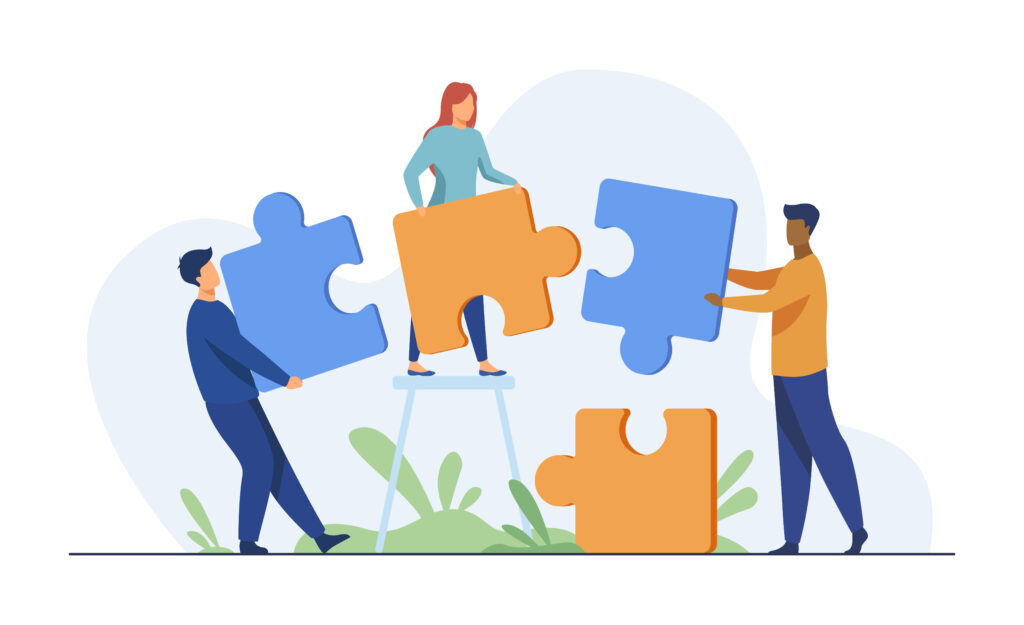
I write this in the wake of a personal attack against my work and a project that is near and dear to me. Instead of spreading vile rumors and hearsay, talk to me. I am not known to be ‘hard to talk to’ and am wide open for productive communication. I am disheartened and would like to share some thoughts of the importance of communication. Thanks for listening.
Open source development thrives on collaboration, shared knowledge, and mutual respect. Yet sometimes, the very passion that drives us to contribute can lead to misunderstandings and conflicts that harm both individuals and the projects we care about. As contributors, maintainers, and community members, we have a responsibility to foster environments where constructive dialogue flourishes.
The Foundation of Healthy Open Source Communities
At its core, open source is about people coming together to build something greater than what any individual could create alone. This collaborative spirit requires more than just technical skills—it demands emotional intelligence, empathy, and a commitment to treating one another with dignity and respect.
When disagreements arise—and they inevitably will—the manner in which we handle them defines the character of our community. Technical debates should focus on the merits of ideas, implementations, and approaches, not on personal attacks or character assassinations conducted behind closed doors.
The Importance of Direct Communication
One of the most damaging patterns in any community is when criticism travels through indirect channels while bypassing the person who could actually address the concerns. When we have legitimate technical disagreements or concerns about someone’s work, the constructive path forward is always direct, respectful communication.
Consider these approaches:
- Address concerns directly: If you have technical objections to someone’s work, engage with them directly through appropriate channels
- Focus on specifics: Critique implementations, documentation, or processes—not the person behind them
- Assume good intentions: Most contributors are doing their best with the time and resources available to them
- Offer solutions: Instead of just pointing out problems, suggest constructive alternatives
Supporting Contributors Through Challenges
Open source contributors often juggle their community involvement with work, family, and personal challenges. Many are volunteers giving their time freely, while others may be going through difficult periods in their lives—job searching, dealing with health issues, or facing other personal struggles.
During these times, our response as a community matters enormously. A word of encouragement can sustain someone through tough periods, while harsh criticism delivered thoughtlessly can drive away valuable contributors permanently.
Building Resilient Communities
Strong open source communities are built on several key principles:
Transparency in Communication: Discussions about technical decisions should happen in public forums where all stakeholders can participate and learn from the discourse.
Constructive Feedback Culture: Criticism should be specific, actionable, and delivered with the intent to improve rather than to tear down.
Recognition of Contribution: Every contribution, whether it’s code, documentation, bug reports, or community support, has value and deserves acknowledgment.
Conflict Resolution Processes: Clear, fair procedures for handling disputes help prevent minor disagreements from escalating into community-damaging conflicts.
The Long View
Many successful open source projects span decades, with contributors coming and going as their life circumstances change. The relationships we build and the culture we create today will determine whether these projects continue to attract and retain the diverse talent they need to thrive.
When we invest in treating each other well—even during disagreements—we’re investing in the long-term health of our projects and communities. We’re creating spaces where innovation can flourish because people feel safe to experiment, learn from mistakes, and grow together.
Moving Forward Constructively
If you find yourself in conflict with another community member, consider these steps:
- Take a breath: Strong emotions rarely lead to productive outcomes
- Seek to understand: What are the underlying concerns or motivations?
- Communicate directly: Reach out privately first, then publicly if necessary
- Focus on solutions: How can the situation be improved for everyone involved?
- Know when to step back: Sometimes the healthiest choice is to disengage from unproductive conflicts
A Call for Better
Open source has given us incredible tools, technologies, and opportunities. The least we can do in return is treat each other with the respect and kindness that makes these collaborative achievements possible.
Every contributor—whether they’re packaging software, writing documentation, fixing bugs, or supporting users—is helping to build something remarkable. Let’s make sure our communities are places where that work can continue to flourish, supported by constructive communication and mutual respect.
The next time you encounter work you disagree with, ask yourself: How can I make this better? How can I help this contributor grow? How can I model the kind of community interaction I want to see?
Our projects are only as strong as the communities that support them. Let’s build communities worthy of the amazing software we create together.
Leave a Reply